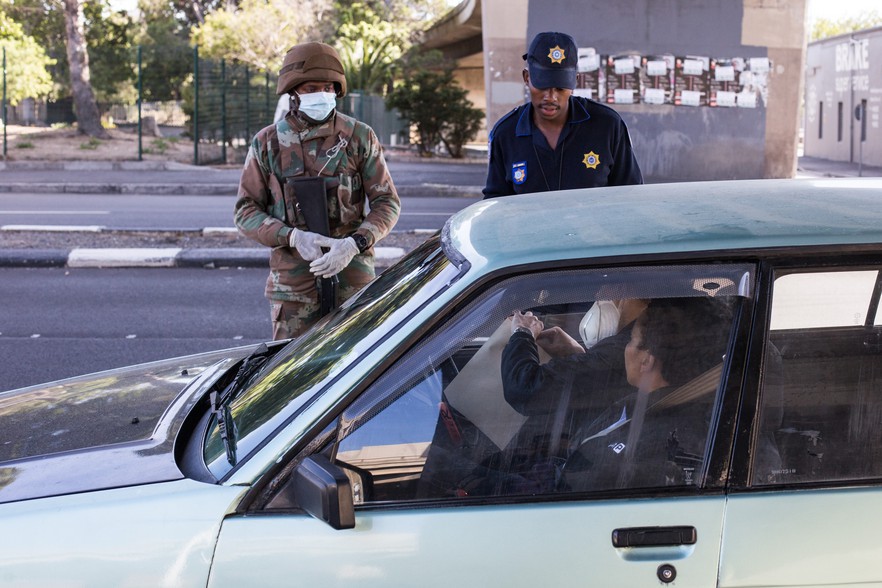

For example, the country’s intimate partner femicide rates are amongst the highest in the world. This is not surprising given that South Africa is known to have high levels of GBV. As a comparison, the same report indicated that the number of GBV calls (received through the GBV Command Centre, a National, 24hr/7days-a-week Call Centre facility, operating under The Department of Social Development) registered per day during the first 90 days of the year (1 January– 31 March 2020) was 177 calls per day, which is a clear indication of the increased need for assistance sought by women in distress related to GBV during the lockdown. The head of South African Police Services released a media statement reporting on a general decrease in violent crime overall in the country for the 1 st seven days of the lockdown but warned that the same was not found for GBV, with more than 2300 calls registered in this period.


However, many reports from newspapers and GBV service providers (NGOs) have reported an increase in GBV cases. Reliable service level data is yet to emerge on possible GBV increases during the COVID-19 period. Administrative and reporting data on GBV is not readily available and communicated within South Africa. From the global start of the implementation of pandemic control measures, Intimate Partner Violence (IPV) has largely increased in a shadow pandemic. Early reports from countries first affected by COVID-19 (e.g., China), warned the rest of the world that these pandemics not only co-exist but also interact. Thus, there are two global pandemics occurring simultaneously where the one (GBV pandemic) is exacerbated by the other (COVID-19 pandemic). As early as 2014, UN Women used the term ‘pandemic’ to encapsulate the global pervasiveness of GBV. Parallel to this visible COVID-19 pandemic exists a shadow pandemic of Gender-Based Violence (GBV). In 2020, the World Health Organization (WHO) declared the novel 2019-nCoV (Coronavirus Disease 2019) a global pandemic. No individuals employed or contracted by the funders (other than the named authors) played any role in: study design, data collection and analysis, decision to publish, or preparation of the manuscript.Ĭompeting interests: The authors have declared that no competing interests exist. Opinions expressed and conclusions arrived at, are those of the authors and are not necessarily to be attributed to the SAMRC.

This is an open access article distributed under the terms of the Creative Commons Attribution License, which permits unrestricted use, distribution, and reproduction in any medium, provided the original author and source are credited.ĭata Availability: All relevant data are provided as Supporting Information.įunding: The financial assistance of the South African Medical Research Council (SAMRC) towards this research is hereby acknowledged. Received: ApAccepted: OctoPublished: October 28, 2021Ĭopyright: © 2021 Dekel, Abrahams. López-Goñi, Universidad Pública de Navarra, SPAIN Citation: Dekel B, Abrahams N (2021) ‘ I will rather be killed by corona than by him…’: Experiences of abused women seeking shelter during South Africa’s COVID-19 lockdown.


 0 kommentar(er)
0 kommentar(er)
